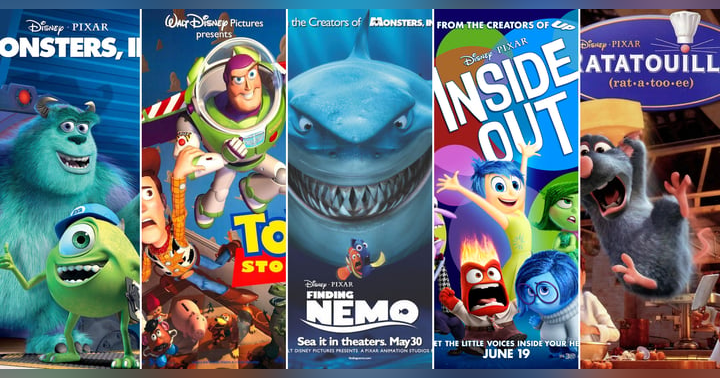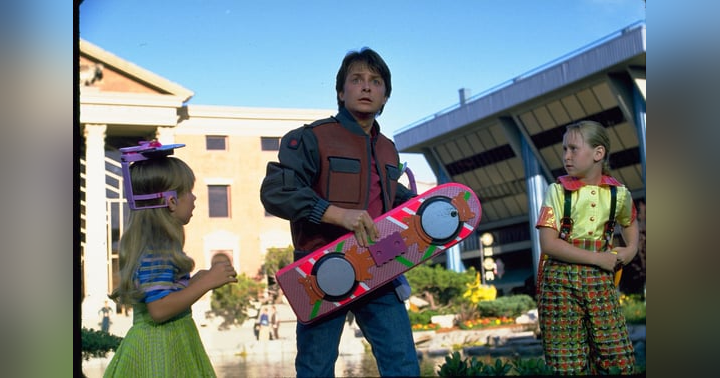The Films of John Carpenter: A Master of Horror and Beyond

John Carpenter is a name synonymous with horror, suspense, and a unique brand of filmmaking that has left an indelible mark on cinema. Known for his mastery of atmosphere, tension, and minimalist style, Carpenter's work has inspired generations of filmmakers and captivated audiences since the 1970s. While his later works may not have achieved the same acclaim as his earlier masterpieces, the influence and legacy of John Carpenter's films are undeniable.
The 1970s: The Birth of a Horror Maestro
John Carpenter's journey in filmmaking began in the early 1970s with a clear vision and a distinctive style that would soon set him apart.
1. Assault on Precinct 13 (1976) This low-budget thriller was Carpenter's first significant foray into feature films. A taut, tense, and gritty urban western, Assault on Precinct 13 showcased Carpenter's ability to generate suspense and atmosphere. The film's minimalist score, composed by Carpenter himself, became a hallmark of his style, contributing to the film's eerie and relentless tension.
2. Halloween (1978) Perhaps Carpenter's most famous work, Halloween is a seminal horror film that redefined the slasher genre. The story of Michael Myers, a masked killer stalking babysitters on Halloween night, became an iconic piece of horror cinema. Carpenter's direction, combined with his unforgettable, minimalist score, created a terrifying and enduring classic. The film's success cemented Carpenter's reputation as a master of horror and spawned numerous sequels and imitations.
3. Elvis (1979) Taking a brief detour from horror, Carpenter directed the made-for-TV biopic Elvis, starring Kurt Russell as the legendary singer. The film was well-received and demonstrated Carpenter's versatility as a director. It also marked the beginning of a long and fruitful collaboration with Russell, who would become a frequent leading man in Carpenter's future projects.
The 1980s: The Golden Age
The 1980s were a prolific period for John Carpenter, during which he produced some of his most beloved and influential works.
1. The Fog (1980) Following the success of Halloween, Carpenter returned to the horror genre with The Fog. This ghost story about a seaside town haunted by vengeful spirits offered a chilling atmosphere and a compelling narrative. While not as universally acclaimed as Halloween, it showcased Carpenter's knack for creating suspenseful and atmospheric horror.
2. Escape from New York (1981) In this dystopian action film, Carpenter reunited with Kurt Russell, who played the iconic anti-hero Snake Plissken. Set in a future where Manhattan Island is a maximum-security prison, Escape from New York combined sci-fi, action, and Carpenter's signature style. The film's gritty aesthetic, memorable characters, and thrilling plot made it a cult classic.
3. The Thing (1982) Arguably Carpenter's magnum opus, The Thing is a masterclass in horror and suspense. This adaptation of John W. Campbell Jr.'s novella "Who Goes There?" tells the story of a group of researchers in Antarctica who encounter a shape-shifting alien. Despite its initial lukewarm reception, The Thing has since been recognized as a landmark in horror cinema, praised for its groundbreaking special effects, intense atmosphere, and psychological depth.
4. Big Trouble in Little China (1986) Diverging from horror, Big Trouble in Little China is a comedic action-adventure film that blends martial arts, fantasy, and humor. Kurt Russell stars as Jack Burton, a trucker who gets caught up in a supernatural battle in San Francisco's Chinatown. While initially a box office disappointment, the film has gained a devoted fan base and is celebrated for its unique blend of genres and Carpenter's inventive storytelling.
5. They Live (1988) A sci-fi satire that critiques consumerism and political power, They Live stars Roddy Piper as a drifter who discovers that the ruling class consists of aliens controlling humanity through subliminal messages. The film's iconic line, "I have come here to chew bubblegum and kick ass... and I'm all out of bubblegum," and its memorable fight scenes have cemented its status as a cult classic. They Live remains relevant for its social commentary and inventive premise.
The 1990s and Beyond: A Decline in Reception
As Carpenter moved into the 1990s, his films began to receive mixed reviews, and his box office success waned. However, this period still produced noteworthy works.
1. In the Mouth of Madness (1994) This Lovecraftian horror film explores the thin line between fiction and reality. Starring Sam Neill as an insurance investigator searching for a missing horror author, In the Mouth of Madness delves into themes of madness and the power of storytelling. Though it did not achieve major commercial success, it has been praised for its unsettling atmosphere and imaginative narrative.
2. Vampires (1998) In Vampires, Carpenter brought his unique touch to the vampire genre. James Woods stars as a vampire hunter leading a team against a powerful vampire master. The film blends Western and horror elements, offering a gritty and violent take on the traditional vampire story. While it received mixed reviews, it has its share of fans who appreciate Carpenter's distinct style.
3. Ghosts of Mars (2001) Set on a colonized Mars, this sci-fi horror film involves a team of police officers battling possessed miners. Despite its intriguing premise, Ghosts of Mars was met with negative reviews and is often considered one of Carpenter's weaker efforts. However, it retains a cult following that appreciates its campy, B-movie charm.
Legacy and Influence
Despite the varied reception of his later works, John Carpenter's influence on the film industry is undeniable. His early films, particularly from the 70s and 80s, have left an indelible mark on the horror genre and beyond. Carpenter's ability to craft tension, his distinctive visual style, and his skillful use of music have inspired countless filmmakers.
Carpenter's work is celebrated for its originality, creativity, and willingness to push boundaries. Even his lesser-known films contribute to his reputation as a filmmaker unafraid to take risks and explore new territory. His contributions to cinema extend beyond his directorial efforts, with his scores becoming iconic in their own right.
As we look back on the films of John Carpenter, it's clear that his legacy is secure. His best works continue to thrill and inspire, reminding us of the power of innovative storytelling and the lasting impact of a true auteur. Whether crafting tales of supernatural terror or dystopian futures, John Carpenter remains a towering figure in the world of cinema.














